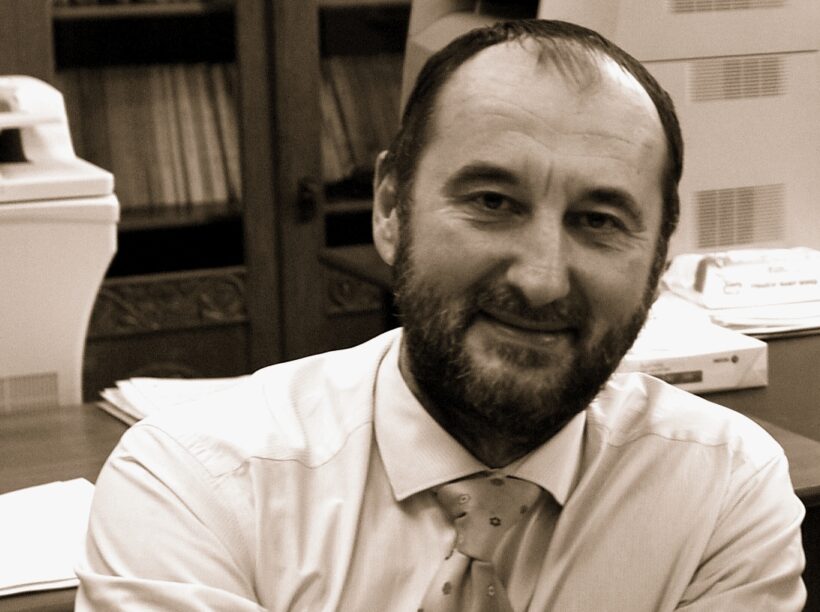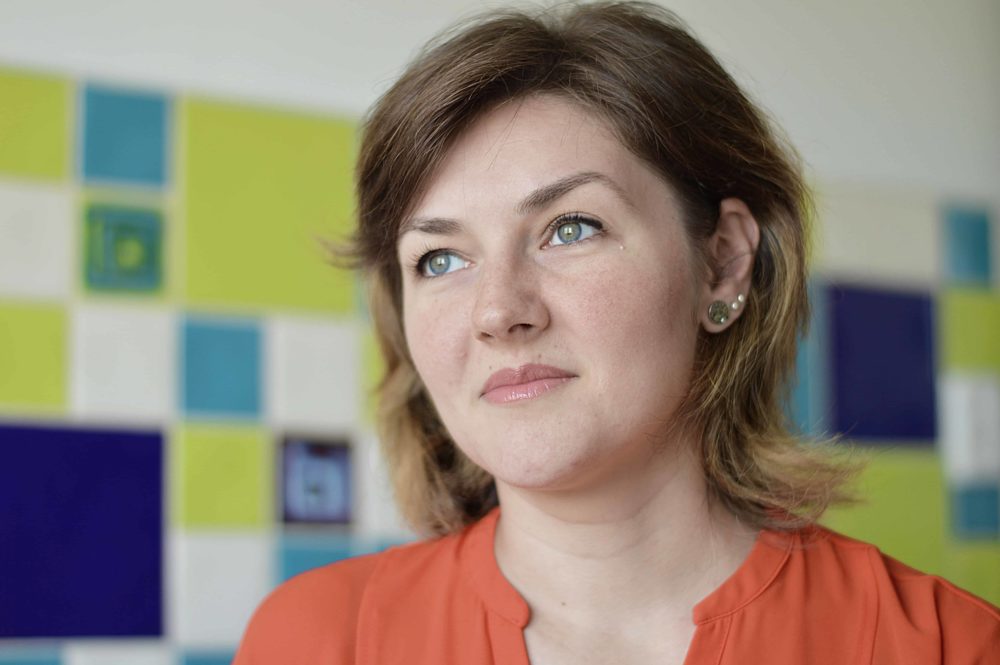Although the objective knowledge is always used for something else, the value of the objectivity is not relative to the peculiar interests of people. The long term authority of science is related to the extent science sticks to reality, to the continuous effort of scientists to describe the reality. The value of objectivity reflects the general interest of society for stability, resilience and adaptive capacity to a changing reality of the natural, economic, social and cultural environment. It is of huge interest to clearly delineate what is objective science, and what is not. To do this is part of the mission of academic organisations, where the objective knowledge is produced and reproduced. Defending objectivity does not mean despising the interests of the people and of the groups. On the contrary, it means honestly serving these interests as a scientist, or as philosopher, by delivering a good quality product, objective knowledge. In this text we will introduce a concept of fake science and will show its relevance for problems on the public agenda.
We define fake science based on the criteria of methodology of production and ideological influence on the production of the scientific cultural objects as follows:
- fake science is a cultural product presented as science which is at the same time methodologically problematic and ideologically driven (table 1, up-right square).
The evaluation of science is done at the level of a single cultural product (primary article, secondary article – review or tertiary source book or chapter). The overall evaluation of a project, program, school of thought, field of knowledge, whole discipline is the results of aggregation from individual cultural products. Thus, in our view there is no way to describe for instance gender studies as fake science without an analytical investigation of all publications in this field.
Table 1 Matrix for the identification of fake science, with several potential examples (reasonable hypothesis about fake science cases).
Methodology (A in table 1) is evaluated based on the following criteria:
- Regional ontology criteria. The variables and processes in need for explanation or used for explanation are those characteristic to that field of knowledge. Characteristic means generally accepted as legitimate by scientists working in the field. For instance physics cannot use as explanatory variable intentions, biology cannot deal with economical process, and so on.
- Regional data production criteria. The variables and processes in need for explanation or used for explanation are either measurable and empirically describable using measurements and observations which can be replicated, or they have an heuristic value for the development of research directions which are based on standard measurements, data processing, and hypothesis testing accepted in that scientific community. For instance hidden variables are acceptable only when hypothesis about them can be indirectly tested, abstract mathematical models about complex processes are acceptable only when they can reasonably be used for the interpretation of empirical data, theological and common sense variables like soul, God, angels, are not acceptable inside scientific cultural products because their observation cannot be replicated by any scientist.
- Internal validation of regional knowledge criteria. The data and knowledge produced is validated by the system accepted in the scientific community (some kind of peer review independent of any conflict of interest).
- Contextualization of regional knowledge criteria. The regional knowledge is presented explicitly at the appropriate scale, for the specific class of variables and processes. There is an explicit delineation from knowledge produced in other fields which might confound the reader by homonymy of terms.
The criteria can be applied not only to nature sciences, life and earth sciences or social sciences, or psychology, but also to part of the humanities when these scientists work on existing cultural products (analysis of structure of existing theories, or of previous philosophical arguments in specific texts – in philosophy, of literature books, tradition in philology etc). The time scale for the methodological analysis is the duration of the production process, from project formulation to publication of the scientific piece of knowledge.
A scientific product can be fake when it is flawed from ontological point of view, or is data production and interpretation flowed, or flowed from the point of view of its internal validation .
The influence of ideology (B in table 1) on science is evaluated based on the following criteria:
- Goal formulation criteria. The goals and values motivating the formulation of public policies or policies of religious organizations and the associated civic sector asking for the production of scientific cultural products are ideological when they are not accepted by all political organizations relevant for that political system, or by all religious organizations of any kind, and the associated civic sector. By relevant we mean that the organizations are validated by citizens in the existing political procedures. By accepted we mean that they are prioritized high and funded whoever is in power from the political organizations. The time scale of analyses for this criteria is at least one-two decades.
- Funding criteria. The extent to which funding for the production of science is provided not by competition of projects selected based criteria related to the scientific content and management of the project, but by the political or religious profile of the applicant or its relatives and friends.
- Knowledge use criteria. The extent to which the scientific products are used by their authors for the production of different non-scientific cultural products which are ideological in terms of the previous two criteria.
- Accuracy of knowledge transfer criteria. The extent to which all methodological criteria are presented in summary together with the scientific findings when the transfer of the scientific knowledge is delivered as scientific truths to the end-users.
Comments
This framework can be used for the conceptual delineation of discourses which are legitimate in academic institutions and those which are legitimate only outside academic institutions (excepting for the case when they are an object of research for real science in academic institutions).
We assume that fake science is useful outside academic institutions, because it responds to needs of people (to have cheap and apparently coherent visions of the world), needs of political organizations (to have efficient ideologies), and of the state (to have cheap unifying political discourses). Fake science is a simplistic presentation of real science content for some purposes and make use of the authority of real science to reach those purposes. A vision of the world is defined here as the hierarchical system of signs (from single signs to complex texts) considered by an individual human to have real referents. Visions of the world in this sense emerge by processes from individual to groups of different dimensions, and can be characterized in their structure and dynamics at in individual and group level in a scientific way.
A particular case is fake science with respect to man. People, parties and the state need a more or less uniform model of man in a society, a model perceived locally as “general”. Such a model should be easy to understand and cheap to educate. There is in principle the possibility to produce a general, realistic, and universal model of man, but this would be a complex enterprise and expensive to teach. A potentially general model of man is, however, considered here as desirable and ontologically stable. The state could invest in its production in order to minimize conflicts between the adepts of fake scientific models of man, and in this way increase its stability and resilience. Discourses suggesting the change of the essence of man because of technology, or of cultural evolution, or by other causes are considered here as cultural products without scientific and philosophical relevance for how man can be conceptualized, and probably having a disruptive function in the state.
Conclusions
We have proposed a concept of fake science, methodological criteria to map such cultural products, and have shown the relevance of this framework for the model of man functional in a society. Existing discussions in the public space could gain in clarity after the systematic application of such ideas, in this form or in an improved ones, in the long term benefit of the state, of the society, and of the people.
Note
This document develops ideas presented last year at a conference organized by the institute of advance studies of the University of Bucharest:
- Iordache V., 2019, Anthropological frameworks and their impact on socio-biological paradigms and research traditions. The case of the model of man in Romanian biology, presentation at the International Conference Social impact and the social sciences: theory and practice in the era of propaganda, fake news and media manipulation, ICUB-Social Sciences, University of Bucharest, presentation available here.
I am indebted to Prof. Dragoș-Paul Aligică for the invitation to this conference.
___
Virgil Iordache:
Virgil Iordache is a professor and researcher at the Faculty of Biology – University of Bucharest, where he’s been working since 1993. He has graduated in biology with a major in bio-chemistry, holds a PhD in ecotoxicology and also holds licenses in philosophy – the evolution of institutions. He is the author of many books and articles and is the manager of the Center of Research for Environmental Services at the University of Bucharest.







